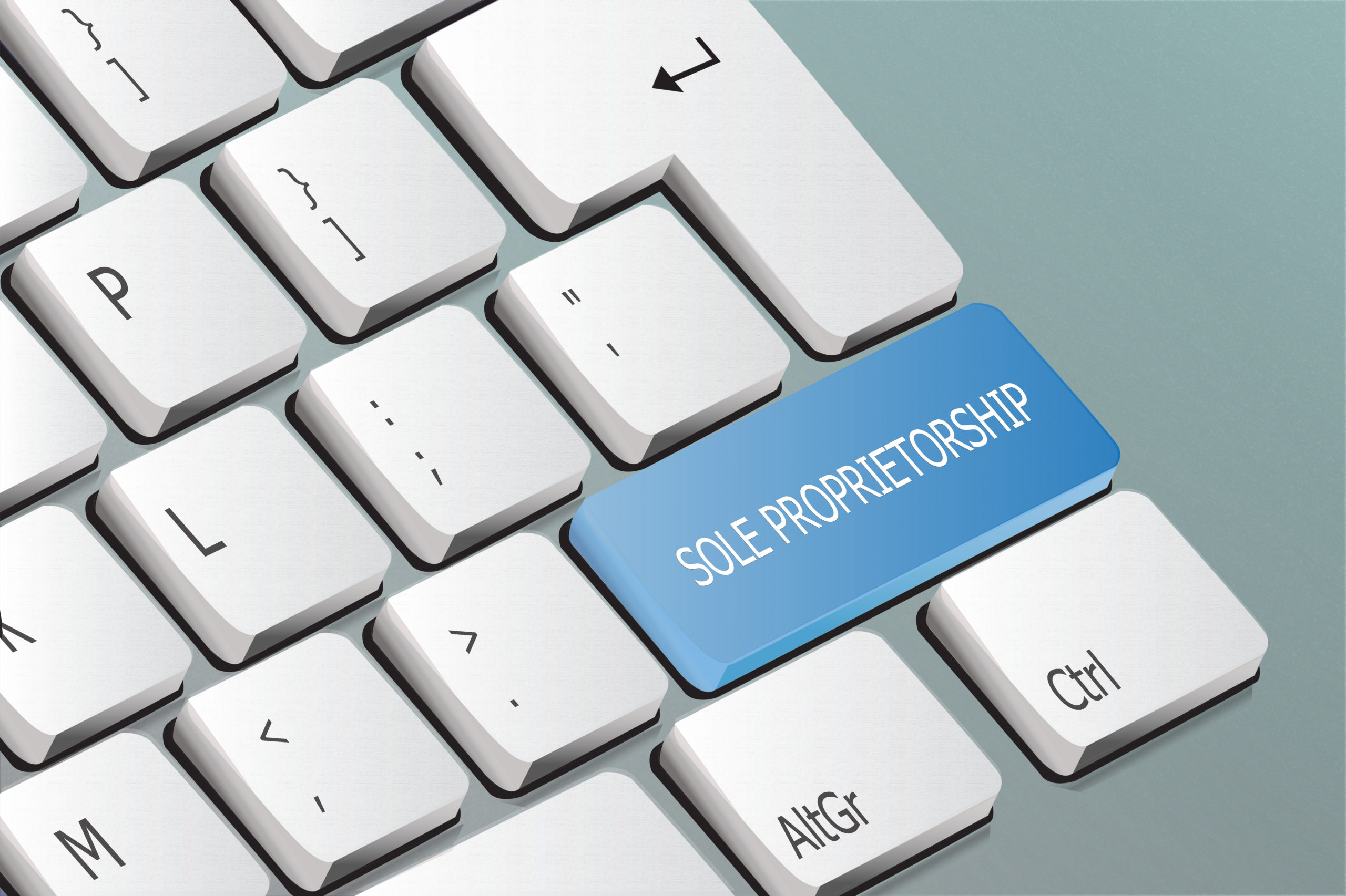A sole proprietorship is a business owned by one natural person. It does not have any partners or shareholders and the owner operates it as an independent business entity. This type of business entity has several benefits over other types of businesses, sole proprietorships in particular. In addition to that, there are certain disadvantages of operating a sole proprietorship compared to other business entities but they also outweigh those disadvantages. A sole proprietorship is the simplest business type. There is only one owner and no other partners or shareholders involved. The owner must meet all the eligibility requirements to operate this type of business. If you are thinking about starting your own business or if you want to know more about what kind of entity would be best for your needs then keep reading to learn more about the advantages and disadvantages of operating as a sole proprietorship versus a partnership or corporation.
Sole Proprietorship
A sole proprietorship is the simplest legal structure. It’s the most straightforward and inexpensive business structure, with one owner (the “sole” owner) who owns 100% of the LLC. That means that the sole owner can control everything related to the business – from its assets to its finances. For example, he or she can sign checks, pay taxes and make business decisions. There are several benefits to owning a sole proprietorship. First, it’s an easy way to start a business. You don’t need any special licenses or permits, and you don’t have to file any paperwork with the government. Second, it’s easy to keep track of your business’ finances because all of your income and expenses are tracked in one place. And finally, sole owners can be their own bosses, which is appealing for many entrepreneurs.
Advantages of Sole Proprietorship
– Minimal legal obligations: This is the most important advantage of starting a sole proprietorship. Because of its simple nature, sole proprietorships do not require the same level of compliance as other business entities. There are fewer legal requirements when starting a sole proprietorship, which makes it easier to get up and running. In fact, you don’t have to register a sole proprietorship with the government and you don’t have to report your business to anyone. This makes it easier to start as a sole proprietor.
– No formalities: You don’t have to register a sole proprietorship with the government and you don’t have to report your business to anyone. This makes it easier to start as a sole proprietor.
– Limited liability: If you operate a sole proprietorship, the maximum amount of damages that you could be held liable for would be your own personal assets. In other business types, the owner is liable for all the business’s debts, thus increasing the risk of bankruptcy.
Disadvantages of Sole Proprietorship
– Lack of protection: Sole proprietorships are not as protected as other business types. If the business faces financial issues, the owner would have no protection against personal bankruptcy, unlike in a corporation which has shareholders with limited liability.
– Low tax benefits: Sole proprietorships receive very little tax benefits compared to other business types.
– Personal liability: The owner of a sole proprietorship is personally liable for the business’ debts and this can put the owner in a very vulnerable position. In a partnership, the debts and obligations of the partners are equally shared and if any partner fails to pay their dues and obligations, the business does not suffer any negative consequences.
Conclusion
Sole proprietorships are simple and easy to set up, and they don’t require any formalities at all. This can be a good choice for those who are inexperienced in business and don’t know where to start. But, the disadvantage of sole proprietorship is that it is not protected and the maximum amount of damages that you could be held liable for would be your own personal assets. So, it is important to consider all these pros and cons before choosing the business entity type. Sole proprietorships are simple and easy to set up, and they don’t require any formalities at all. This can be a good choice for those who are inexperienced in business and don’t know where to start. But, the disadvantage of sole proprietorship is that it is not protected and the maximum amount of damages that you could be held liable for would be your own personal assets. So, it is important to consider all these pros and cons before choosing the business entity type.

